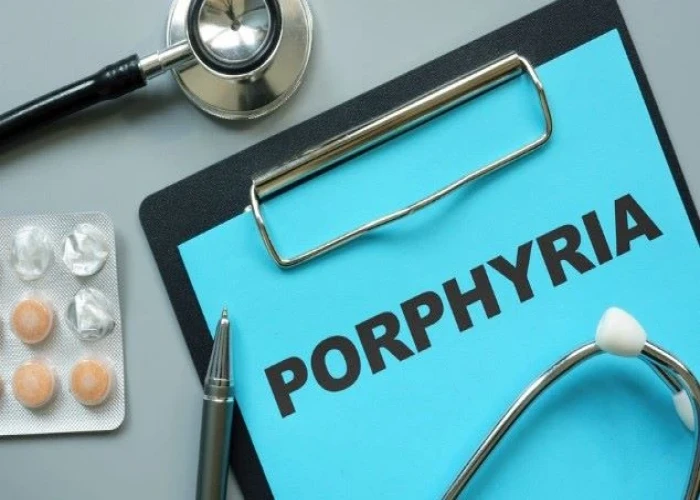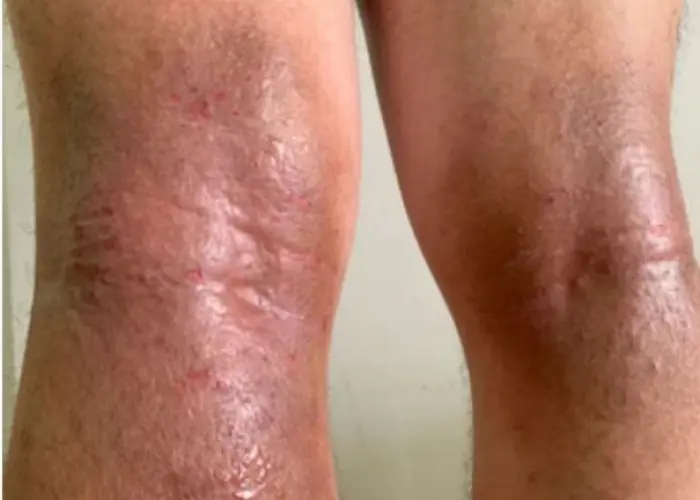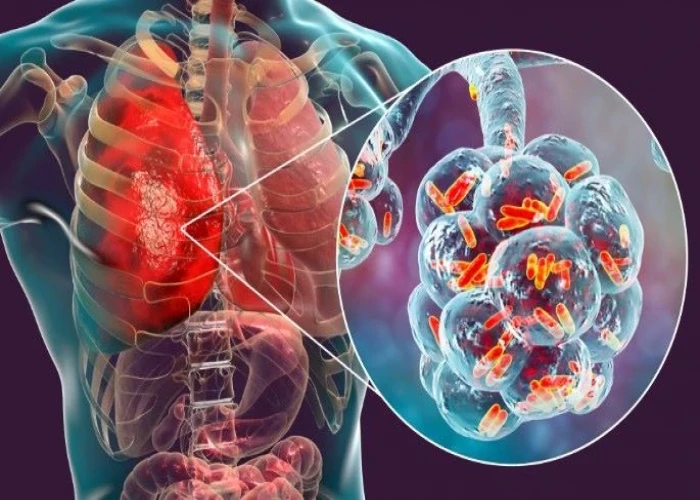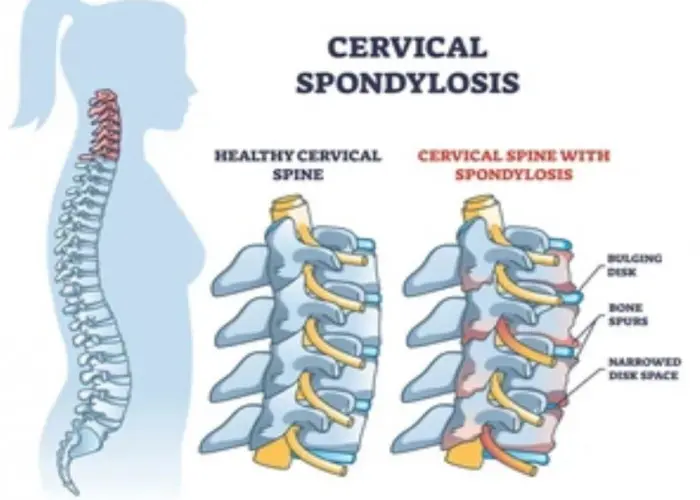 Welcome
Welcome
“May all be happy, may all be healed, may all be at peace and may no one ever suffer."
Premature ejaculation

Premature ejaculation is a common sexual problem in men where ejaculation occurs too quickly during sexual activity, before the man or his partner desires it. It is estimated that premature ejaculation affects 1 in 3 men at some point in their lives.
There are different definitions of premature ejaculation, but it is generally considered to occur when a man consistently ejaculates within one minute of penetration or before he or his partner is satisfied. Premature ejaculation can cause distress and affect sexual relationships.
The causes of premature ejaculation are not well understood, but it may be related to psychological or physical factors, such as anxiety, stress, depression, relationship problems, or hormonal imbalances. In some cases, premature ejaculation may also be a side effect of medications or drugs.
Treatment for premature ejaculation may involve a combination of behavioral techniques, medication, and counseling. Behavioral techniques, such as the squeeze technique and start-stop technique, can help a man learn to control ejaculation and prolong sexual activity. Medications, such as selective serotonin reuptake inhibitors (SSRIs), may also be prescribed to help delay ejaculation.
Counseling may be helpful in addressing any underlying psychological or relationship issues that may be contributing to premature ejaculation. Couples therapy may also be recommended to improve communication and intimacy in the relationship.
It is important for men who are experiencing premature ejaculation to seek help from a healthcare provider, as there are effective treatments available that can improve sexual satisfaction and overall quality of life.
Research Papers
Disease Signs and Symptoms
- Premature ejaculation
- Nervous weakness
Disease Causes
Premature ejaculation
The exact cause of premature ejaculation isn't known. While it was once thought to be only psychological, doctors now know premature ejaculation involves a complex interaction of psychological and biological factors.
Psychological causes
Psychological factors that might play a role include:
- Early sexual experiences
- Sexual abuse
- Poor body image
- Depression
- Worrying about premature ejaculation
- Guilty feelings that increase your tendency to rush through sexual encounters
Other factors that can play a role include:
- Erectile dysfunction. Men who are anxious about obtaining or maintaining an erection during sexual intercourse might form a pattern of rushing to ejaculate, which can be difficult to change.
- Anxiety. Many men with premature ejaculation also have problems with anxiety — either specifically about sexual performance or related to other issues.
- Relationship problems. If you have had satisfying sexual relationships with other partners in which premature ejaculation happened infrequently or not at all, it's possible that interpersonal issues between you and your current partner are contributing to the problem.
Biological causes
A number of biological factors might contribute to premature ejaculation, including:
- Abnormal hormone levels
- Abnormal levels of brain chemicals called neurotransmitters
- Inflammation and infection of the prostate or urethra
- Inherited traits
Disease Prevents
Disease Treatments
Common treatment options for premature ejaculation include behavioral techniques, topical anesthetics, medications and counseling. Keep in mind that it might take time to find the treatment or combination of treatments that will work for you. Behavioral treatment plus drug therapy might be the most effective course.
Behavioral techniques
In some cases, therapy for premature ejaculation might involve taking simple steps, such as masturbating an hour or two before intercourse so that you're able to delay ejaculation during sex. Your doctor also might recommend avoiding intercourse for a period of time and focusing on other types of sexual play so that pressure is removed from your sexual encounters.
Pelvic floor exercises
Weak pelvic floor muscles might impair your ability to delay ejaculation. Pelvic floor exercises (Kegel exercises) can help strengthen these muscles.
To perform these exercises:
- Find the right muscles. To identify your pelvic floor muscles, stop urination in midstream or tighten the muscles that keep you from passing gas. These maneuvers use your pelvic floor muscles. Once you've identified your pelvic floor muscles, you can do the exercises in any position, although you might find it easier to do them lying down at first.
- Perfect your technique. Tighten your pelvic floor muscles, hold the contraction for three seconds, and then relax for three seconds. Try it a few times in a row. When your muscles get stronger, try doing Kegel exercises while sitting, standing or walking.
- Maintain your focus. For best results, focus on tightening only your pelvic floor muscles. Be careful not to flex the muscles in your abdomen, thighs or buttocks. Avoid holding your breath. Instead, breathe freely during the exercises.
- Repeat 3 times a day. Aim for at least three sets of 10 repetitions a day.
The pause-squeeze technique
Your doctor might instruct you and your partner in the use of a method called the pause-squeeze technique. This method works as follows:
- Begin sexual activity as usual, including stimulation of the penis, until you feel almost ready to ejaculate.
- Have your partner squeeze the end of your penis, at the point where the head (glans) joins the shaft, and maintain the squeeze for several seconds, until the urge to ejaculate passes.
- Have your partner repeat the squeeze process as necessary.
By repeating as many times as necessary, you can reach the point of entering your partner without ejaculating. After some practice sessions, the feeling of knowing how to delay ejaculation might become a habit that no longer requires the pause-squeeze technique.
If the pause-squeeze technique causes pain or discomfort, another technique is to stop sexual stimulation just prior to ejaculation, wait until the level of arousal has diminished and then start again. This approach is known as the stop-start technique.
Condoms
Condoms might decrease penis sensitivity, which can help delay ejaculation. "Climax control" condoms are available over the counter. These condoms contain numbing agents such as benzocaine or lidocaine or are made of thicker latex to delay ejaculation. Examples include Trojan Extended, Durex Performax Intense and Lifestyles Everlast Intense.
Medications
Topical anesthetics
Anesthetic creams and sprays that contain a numbing agent, such as benzocaine, lidocaine or prilocaine, are sometimes used to treat premature ejaculation. These products are applied to the penis 10 to 15 minutes before sex to reduce sensation and help delay ejaculation.
A lidocaine-prilocaine cream for premature ejaculation (EMLA) is available by prescription. Lidocaine sprays for premature ejaculation are available over-the-counter.
Although topical anesthetic agents are effective and well-tolerated, they have potential side effects. For example, some men report temporary loss of sensitivity and decreased sexual pleasure. Sometimes, female partners also have reported these effects.
Oral medications
Many medications might delay orgasm. Although none of these drugs are specifically approved by the Food and Drug Administration to treat premature ejaculation, some are used for this purpose, including antidepressants, analgesics and phosphodiesterase-5 inhibitors. These medications might be prescribed for either on-demand or daily use, and might be prescribed alone or in combination with other treatments.
- Antidepressants. A side effect of certain antidepressants is delayed orgasm. For this reason, selective serotonin reuptake inhibitors (SSRIs), such as escitalopram (Lexapro), sertraline (Zoloft), paroxetine (Paxil) or fluoxetine (Prozac, Sarafem), are used to help delay ejaculation.
- Of those approved for use in the United States, paroxetine seems to be the most effective. These medications usually take five to 10 days to begin working. But it might take two to three weeks of treatment before you'll see the full effect.
- If SSRIs don't improve the timing of your ejaculation, your doctor might prescribe the tricyclic antidepressant clomipramine (Anafranil). Unwanted side effects of antidepressants might include nausea, perspiration, drowsiness and decreased libido.
- Analgesics. Tramadol (Ultram) is a medication commonly used to treat pain. It also has side effects that delay ejaculation. Unwanted side effects might include nausea, headache, sleepiness and dizziness.
- It might be prescribed when SSRIs haven't been effective. Tramadol can't be used in combination with an SSRI.
- Phosphodiesterase-5 inhibitors. Some medications used to treat erectile dysfunction, such as sildenafil (Viagra), tadalafil (Cialis, Adcirca) or vardenafil (Levitra, Staxyn), also might help premature ejaculation. Unwanted side effects might include headache, facial flushing and indigestion. These medications might be more effective when used in combination with an SSRI.
Potential future treatment
Research suggests that several drugs that might be helpful in treating premature ejaculation, but further study is needed. These drugs include:
- Dapoxetine. This is an SSRI that's often used as the first treatment for premature ejaculation in other countries. It's not currently available in the United States.
- Modafinil (Provigil). This is a treatment for the sleeping disorder narcolepsy.
- Silodosin (Rapaflo).This drug is normally a treatment for prostate gland enlargement (benign prostatic hyperplasia).
Counseling
This approach involves talking with a mental health provider about your relationships and experiences. Sessions can help you reduce performance anxiety and find better ways of coping with stress. Counseling is most likely to help when it's used in combination with drug therapy.
With premature ejaculation, you might feel you lose some of the closeness shared with a sexual partner. You might feel angry, ashamed and upset, and turn away from your partner.
Your partner also might be upset with the change in sexual intimacy. Premature ejaculation can cause partners to feel less connected or hurt. Talking about the problem is an important step, and relationship counseling or sex therapy might be helpful.
Disease Diagnoses
Disease Allopathic Generics
Disease Ayurvedic Generics
Disease Homeopathic Generics
Disease yoga
Premature ejaculation and Learn More about Diseases

Triple X syndrome

Porphyria

Oppositional defiant disorder (ODD)

Hyperhidrosis

Atopic dermatitis (eczema)

Pneumonia

Cervical spondylosis

Melanoma
premature ejaculation, অকাল বীর্যপাত
To be happy, beautiful, healthy, wealthy, hale and long-lived stay with DM3S.
